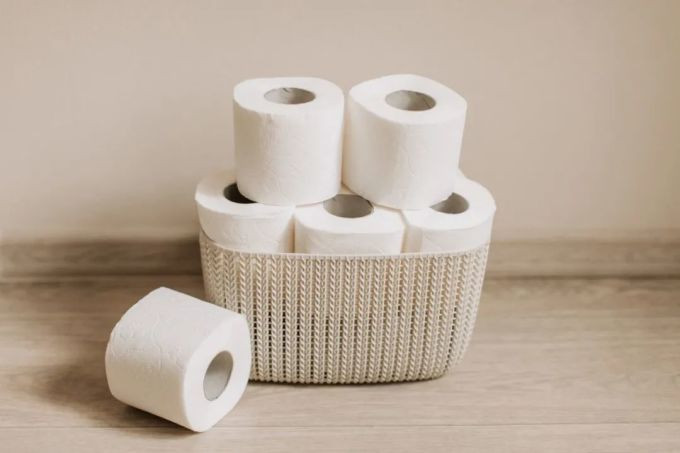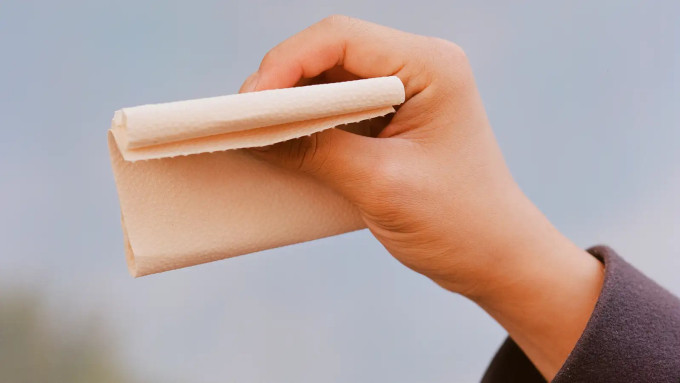Toilet paper is an essential item in every family's daily life, and at the beginning of the pandemic, this product was even called "white gold".

Today, the global toilet paper industry is worth about $26 billion. The average American consumer uses about 140 rolls a year.
However, there are some things about toilet paper that you may not know.
The whiter the paper the better?
Regular tissue paper should be off-white or natural white. If the paper you buy is too white, it is a result of too much bleach added. Using poor quality tissue paper can cause skin and urinary tract problems. A 2019 study even linked bleach in toilet paper to an increase in cancer cases in Ghana.
Many countries completely ban bleach in food packaging paper and paper used to make cups and plates because of the risk to people's health, including cancer.
Therefore, the whiter the paper, the more risk it poses to consumers.
Should I use expensive or cheap tissues?
Toilet paper is divided into three grades: high-quality, first-class and standard products. Softness, water absorption and toughness are different. Inferior products, many indicators are not even half of the first-class products, so the price is naturally cheaper.
The use of paper is directly related to health and sensory experience. Moreover, sometimes cheap paper floating around may not meet production standards.
How long is the shelf life of tissues?
Normally, toilet paper has a shelf life of two to three years. In addition, when opened, it will be exposed to air and attacked by bacteria. To ensure safety, tissue paper should be used within three months of opening the package. If not used up, the remaining can be used to clean glasses and furniture.
Are scented tissues harmful?
For wiping sweat purely, scented tissues are not only safe but also add to the aesthetics. But for wiping the mouth, original tissues are best, because after all, any substance added to the ink can affect health.

Can't you mix toilet paper and tissue paper?
Many people equate toilet paper rolls with tissue paper. However, tissue paper and toilet paper are two completely different types, produced in different processes and of different quality. Compared to toilet paper, tissue paper requires more cleanliness.
In addition, toilet paper is easily decomposed when exposed to water and can be thrown directly into the toilet, completely different from tissue paper which needs to be strong and soft.
Don't wash your face after using wet wipes?
Wet wipes are used in many situations such as wiping dirt, sweat, wiping face, wiping hands. Due to its convenience and softness, you may mistakenly think that wet wipes can clean your skin.
In wet wipes, the main ingredients are water and disinfectant. In order to effectively dissolve the disinfectant liquid for a long time, some chemicals are added to wet wipes. Propylene glycol is the most common word in the ingredient list of wet wipes. Although this type of chemical will not cause serious effects on the skin, it will still remain on the hands and face after use, which can cause skin irritation, avoid contact with eyes.
TH (according to VnExpress)